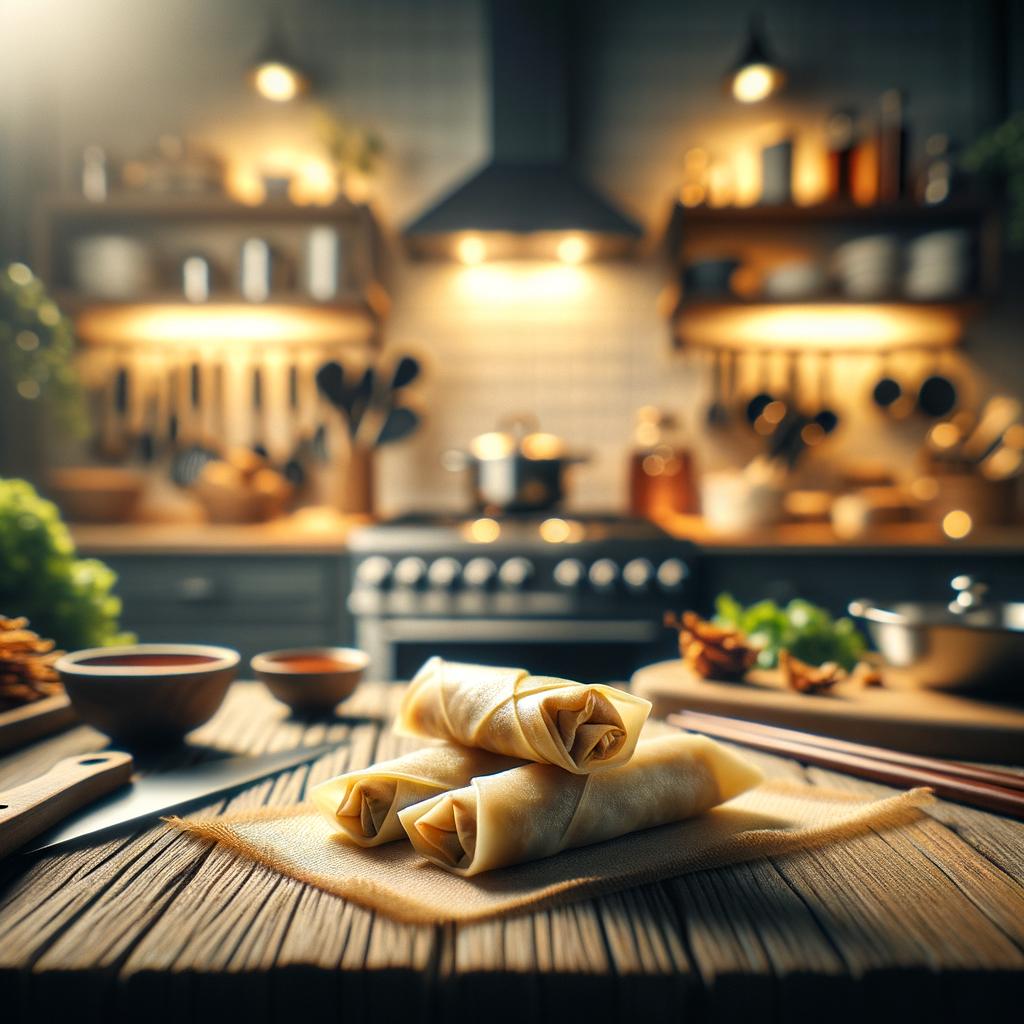Popiah Wrappers

Description
Popiah wrappers, also known as spring roll wrappers, are an integral part of Asian cuisine. These thin, delicate sheets are typically made from wheat flour, water, and salt. The resulting product is a soft, pliable, and slightly translucent wrapper that is as beautiful as it is functional. The flavor profile of popiah wrappers is neutral, providing the perfect canvas for the vibrant fillings they often encase. Their unique characteristic lies in their delicate texture, which sets them apart from other types of wrappers that are often thicker and more robust.
Primary Uses
Popiah wrappers are primarily used in the preparation of spring rolls, a popular dish in many Asian cuisines. They are commonly filled with a variety of ingredients, including vegetables, meat, and even sweet fillings for a dessert twist. In addition to spring rolls, these wrappers are also used in making lumpia in the Philippines, goi cuon in Vietnam, and fresh popiah in Malaysia and Singapore. While their primary use is culinary, they also hold cultural significance in many Asian communities, symbolizing wealth and prosperity due to their gold-like color when fried.
History
The history of popiah wrappers is deeply intertwined with the history of spring rolls. Originating from China, these wrappers were initially used for traditional spring festival feasts, symbolizing the arrival of spring, hence the name. Over time, the usage of popiah wrappers spread across Asia, with each region adding its unique touch to the fillings and preparation method. There's a romantic story that these wrappers, when fried, symbolize gold bars, and thus eating spring rolls during the Lunar New Year brings prosperity and good fortune.
Nutritional Information
Popiah wrappers are low in calories, making them a healthier alternative to other types of pastry wrappers. They are also low in fat and contain a small amount of protein. However, it's important to note that they are also low in fiber and can be high in sodium. They're not a significant source of vitamins or minerals, but when filled with a variety of vegetables and lean proteins, they contribute to a balanced, nutritious meal. Compared to their counterparts like puff pastry, they are lower in calories and fat, making them a preferred choice for those watching their weight.

